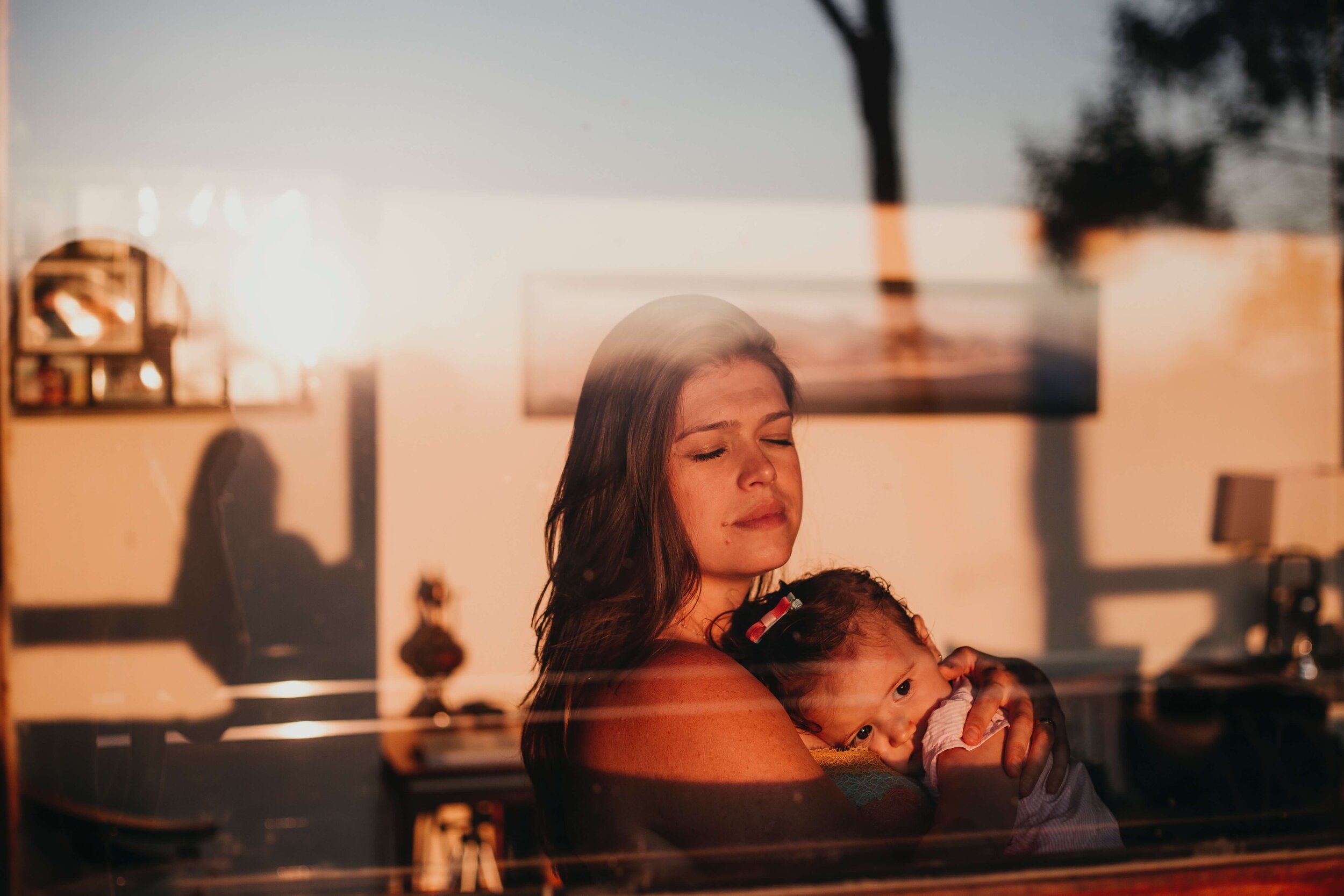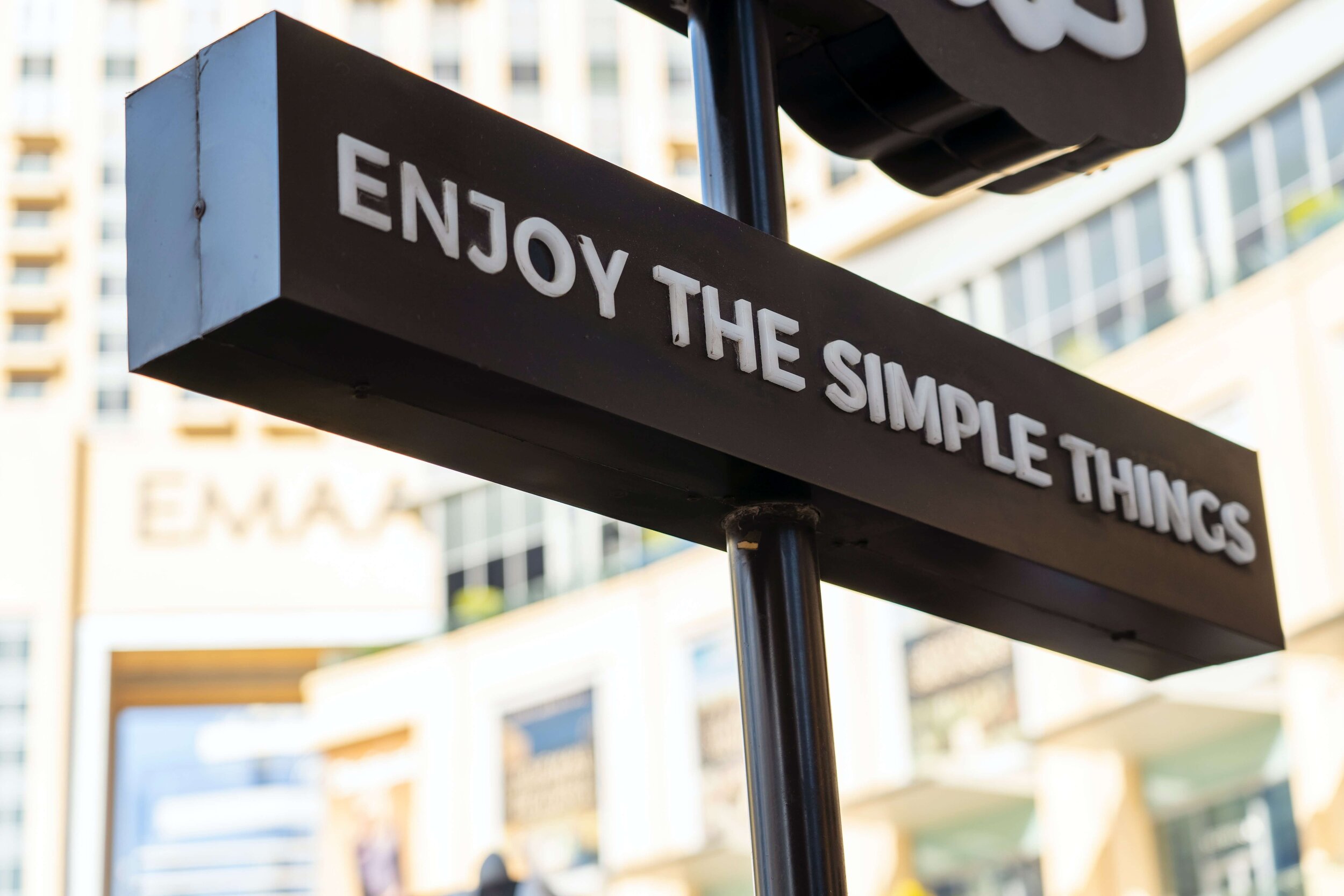3 Simple Rules to Live by for a More Joyful Life
We all need something to live by, a cause that gives us purpose and a feeling of fulfillment in our lives. But that's easier said than done, am I right? If you are feeling a little dissatisfied or unhappy with life, perhaps it's high time you shook things up a bit. Why not find a few self-guided rules that take you out of your comfort zone and set you on a new path to happiness. To help you along your new journey, here are 3 powerful rules to live by.
3 Rules to Live By for a Joyful Life
Here are 3 rules that you can integrate into your life for greater inner peace and self-satisfaction.
1. Live in the Moment
I'm sure we've all heard that phrase by now. You know the whole Eckhart Tolle shtick, “Nothing has happened in the past; it happened in the Now. Nothing will ever happen in the future; it will happen in the Now.”
And who are we to argue, Eckhart Tolle has shown beyond doubt he's a master of this (if you haven't yet read Eckhart’s The Power of Now, I'd highly recommend it).
If you don't know Eckhart’s story, basically he claims he used to live in a constant state of misery. His depression, anxiety, and dissatisfaction with life got so bad at one point that it drove him to a place of complete helplessness. But, this helplessness turned out to be a blessing in disguise, at one point Eckhart’s misery got so bad that he claims it suddenly snapped him into a permanent state of living in the now. Here, Eckhart explains he found pure bliss and happiness. And has made it his passion to remain there ever since.
Now, I'm not saying we have to be so dramatic. And hopefully, most of us don't find ourselves in a similar situation as Mr. Tolle once did. But, there is much to learn from Eckhart's teachings.
For instance, take the practice of meditation for example. The very basics of meditation teach us to both encourage mindful thoughts and promote a focus on the present moment. In fact, research on the practice of meditation has shown mindfulness helps to reduce stress, ¹ control anxiety, ² promote emotional health, ³ and enhance awareness. ⁴
All things we could probably just a good dash of in our lives.
2. See the Good in Others
It's a simple fact of life; other people are likely to disagree, frustrate, or hurt us. Even our loved ones sometimes don't always do right by us. And as hard as it is to accept, we must do just that...accept it.
So what's the best way to do this?
Recognize that people are trying to come from the right place. Most aren't intentionally going out of their way to hurt you; they are simply acting out of a place of doing what they think is right.
Aaspire to focus on humility. If you can, don't take things too personally. Many times, other people are acting out of their pain and hurt. Forgive them for this and strive to see their pain instead of your own. Work hard to show them kindness instead of lashing out and possibly making a situation worse than it needs to be.
Approach others with positivity, empathy, and compassion. You must forgive people, most of the time they won't even know you feel hurt. And if they do, practice an open mind and try to see it from their point of view.
In fact, forgiveness has been shown to be a very powerful tool to have in our emotional arsenal. Previous research has shown that forgiveness is associated with prosocial thinking and feelings of connection with not just the person you've forgiven but also everyone else in your life. ⁵
As hard it may be, it's important to see the good in others. After all, we are all human beings at the end of the day.
3. Find Joy in the Little Things
There's this general agreement we choose to live by as modern human beings. It goes something like this: we must live up to our potential. But why do we fuss over it so much?
A quick Google and you’ll see the term “potential” defined as "latent qualities or abilities that may be developed and lead to future success or usefulness". You know how it goes, you can't stop, you must be proving your worth all of the time. And if you aren’t, well you aren’t living up to your potential.
But is that really true? I mean, why can't we ever stop and take time out to appreciate the joys of simple living?
There is no reason why you shouldn't. In fact, research shows that the act of taking time to appreciate the little things can help to improve your outlook on life. ⁶
Gratitude is found to boost happiness, hope, and prosocial intentions, a social behavior that boosts a person's willingness to share, help, donate, co-operate, and volunteer.
-
Rosenkranz, Melissa A., Richard J. Davidson, Donal G. MacCoon, John F. Sheridan, Ned H. Kalin, and Antoine Lutz. “A Comparison of Mindfulness-Based Stress Reduction and an Active Control in Modulation of Neurogenic Inflammation.” Brain Behavior and Immunity 27 (January 1, 2013): 174–84. https://doi.org/10.1016/j.bbi.2012.10.013.
Orme-Johnson, David W., and Vernon A. Barnes. “Effects of the Transcendental Meditation Technique on Trait Anxiety: A Meta-Analysis of Randomized Controlled Trials.” The Journal of Alternative and Complementary Medicine 20, no. 5 (May 1, 2014): 330–41. https://doi.org/10.1089/acm.2013.0204.
Goyal, Madhav, Sonal Singh, Erica Sibinga, Neda F Gould, Anastasia Rowland-Seymour, Ritu Sharma, Zackary Berger, et al. “Meditation Programs for Psychological Stress and Well-Being.” JAMA Internal Medicine 174, no. 3 (March 1, 2014): 357. https://doi.org/10.1001/jamainternmed.2013.13018.
Dahl, Cortland J., Antoine Lutz, and Richard J. Davidson. “Reconstructing and Deconstructing the Self: Cognitive Mechanisms in Meditation Practice.” Trends in Cognitive Sciences 19, no. 9 (September 1, 2015): 515–23. https://doi.org/10.1016/j.tics.2015.07.001.
Karremans, Johan C., Paul a. M. Van Lange, and Rob W. Holland. “Forgiveness and Its Associations with Prosocial Thinking, Feeling, and Doing beyond the Relationship with the Offender.” Personality and Social Psychology Bulletin 31, no. 10 (October 1, 2005): 1315–26. https://doi.org/10.1177/0146167205274892.
Baumsteiger, Rachel, Susan Mangan, Kendall Cotton Bronk, and Giacomo Bono. “An Integrative Intervention for Cultivating Gratitude among Adolescents and Young Adults.” The Journal of Positive Psychology 14, no. 6 (February 14, 2019): 807–19. https://doi.org/10.1080/17439760.2019.1579356.




